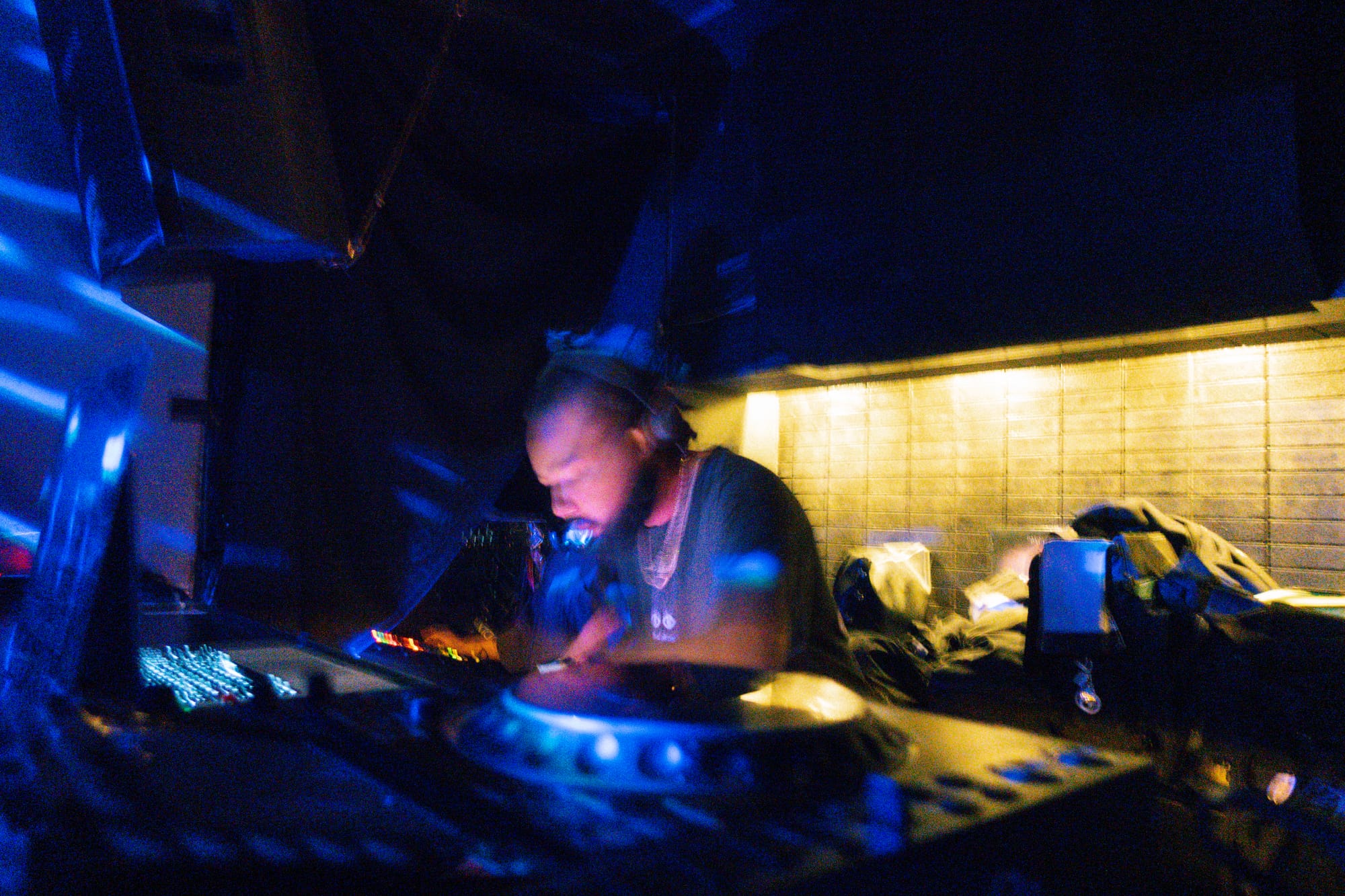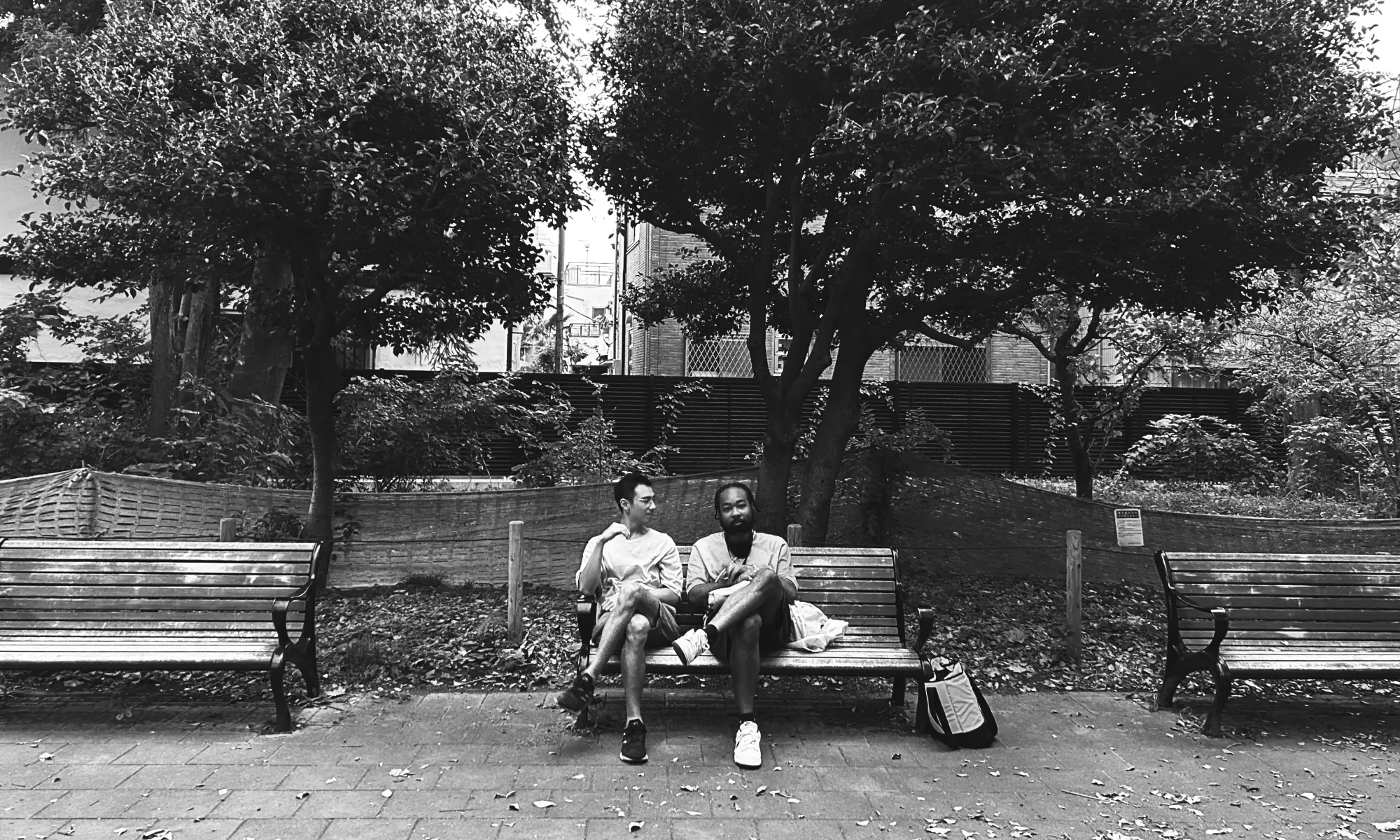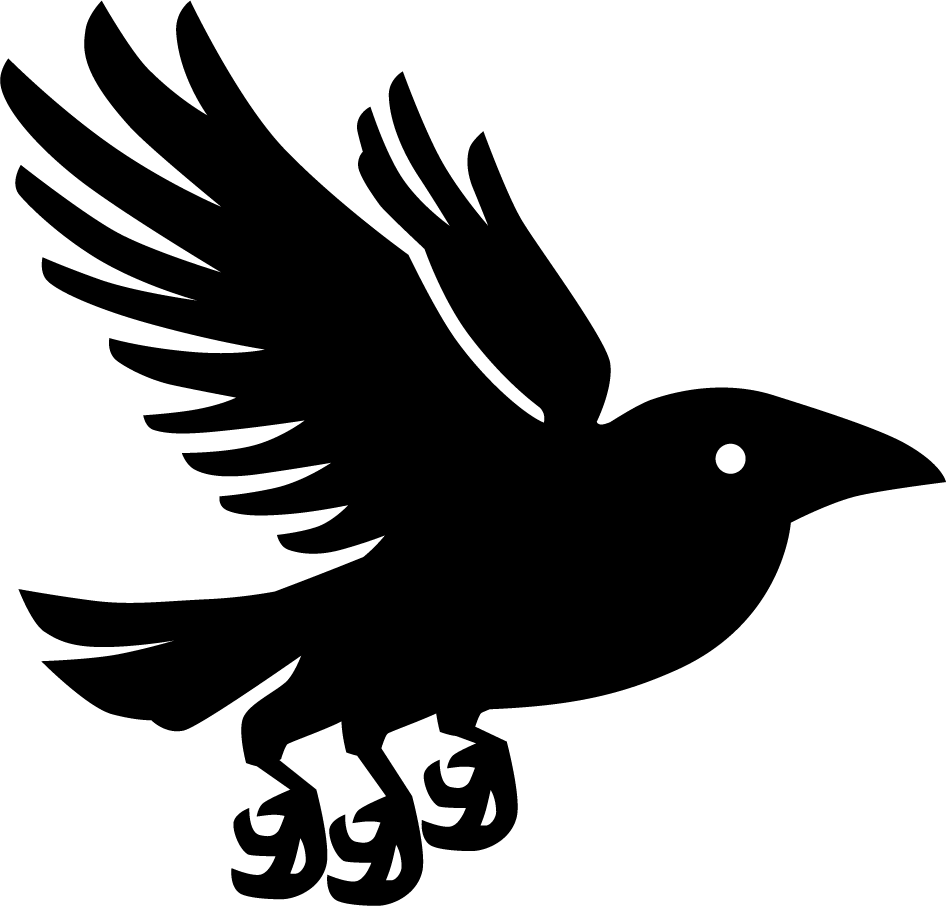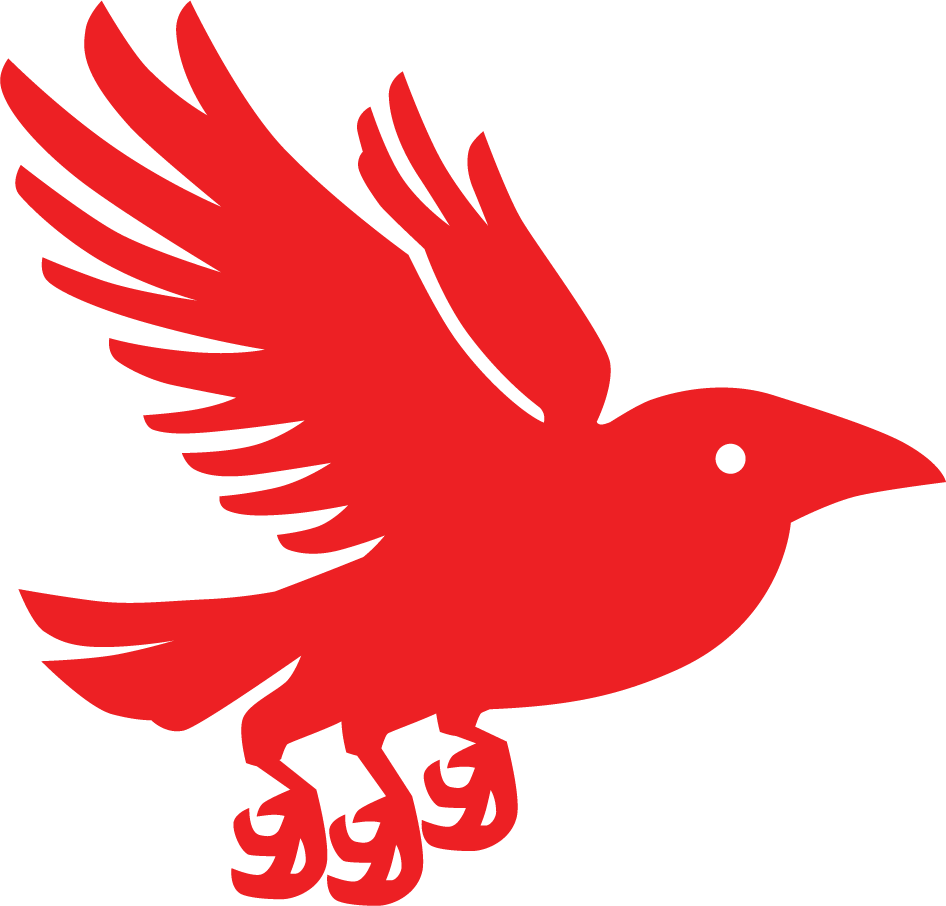Mythology of the Supreme Divine Crow
Sometimes to gain true clarity about ones current situation, they have to get away as far as possible
In getting out of Toronto to perform his music on a multi-city tour of Japan, DJ and producer Paul Chin gained much needed perspective on how different an entire music career could be with, by meeting audiences who actually seek out something different. By performing for Japanese crowds, and communing with the locals who produced and released music to them year-in and year-out, he witnessed the power and opportunity in cultivating an audience around an artistic vision, regardless of how niche a form that might take. This ethos was a far cry from the approach he and many of his peers had been corralled through in western music markets; the very antithesis of the platform-centric assembly line that had been abandoning the undergrounds, the sub-cultures, and the communities great music scenes had been forged in.

Before embarking on that tour, Paul had been contemplating giving up on his recording career. After years of investing in making the best possible music, merchandise, and experiences as an artist, it seemed like he was being met with diminishing returns by in a music industry that was putting independent artists – particularly artists with a unique style – on a death march toward the under-boot of algorithms which reward only that which is already popular.
Tastemakers, journalism, and critical music media had all been eroded by an SEO industrial complex which has been training a generation of cultural producers and consumers to believe only that which is known can be valuable. Furthermore, the economics of releasing projects into the world for paltry streaming payouts made collaboration and partnership less attractive; who can bear the cost of supporting and developing artists when the returns are so dismal?

One afternoon in Tokyo, Chin meets up with longtime peer and collaborator Garrett 'Go Yama' Oyama to catch up. As the pair commonly do, they catch up about life, exchange current inspiration, and they marvel at the scale and immersion of Rinshi-no-mori Park. The friends gas each other up over their performances at their gig together earlier that week, and commiserate over how much harder it's become to share such such experiences in their respective homes of Toronto and Los Angeles.
But then, when Chin asks "if you could step outside the mechanism for a year, sky's the limit, what project would you want to make?" Oyama's answer both stuns and infuriates him, as his friend has just described the most compelling album that will never be made*. Oyama's idea is ambitious, profound, and deeply rooted; the exact type of project from an up-and-coming artist that scares labels away for lack of market appeal.
But that's not a good enough reason for something special to never come to fruition.
Beautiful things deserve to exist for no other reason but that they are beautiful
After several weeks among tucked away hi-fi bars, trawling Disk Union and Tower Records locations for vinyl, and tour nights in the clubs with fellow artists til 5AM, Chin realises that sustainable careers for independent artists won't be found in algorithmic gamesmanship over traffic and SEO; stewardship of art which contains beauty, nuance, and meaning needs to disconnect from the mass funnel of trends, so that artists can be empowered to cultivate a worthwhile experience for their enthusiast audiences.
The record labels of the next generation shouldn't simply be the product of increasingly more efficient tools for platform capitalism; the only way out of the trap is found through re-centring the artist's vision, and fostering unmitigated connection to the community that upholds them.

The three-legged crow represents the sun, guidance, and the relationship between heaven & earth
In selecting an emblem to represent this new label, the crow quickly revealed itself as the banner to fly under. Beyond the many facts about their intelligence and capability, one of the most appropriately symbolic details to emerge from that park hang was that due to a lack of natural predators, the large-billed crows found throughout Japan are able to grow to larger sizes there than most anywhere else in the world. They enjoy a unique level of health and security that comes as a result of an environment isolated from predators.
In various pan-Asian mythologies, there's a divine entity who appears as a three-legged crow throughout the respective canons. The crow represents the sun, guidance, and the relationship between heaven & earth. Sanzuwu (三足烏) is the Chinese name for the sun crow.
